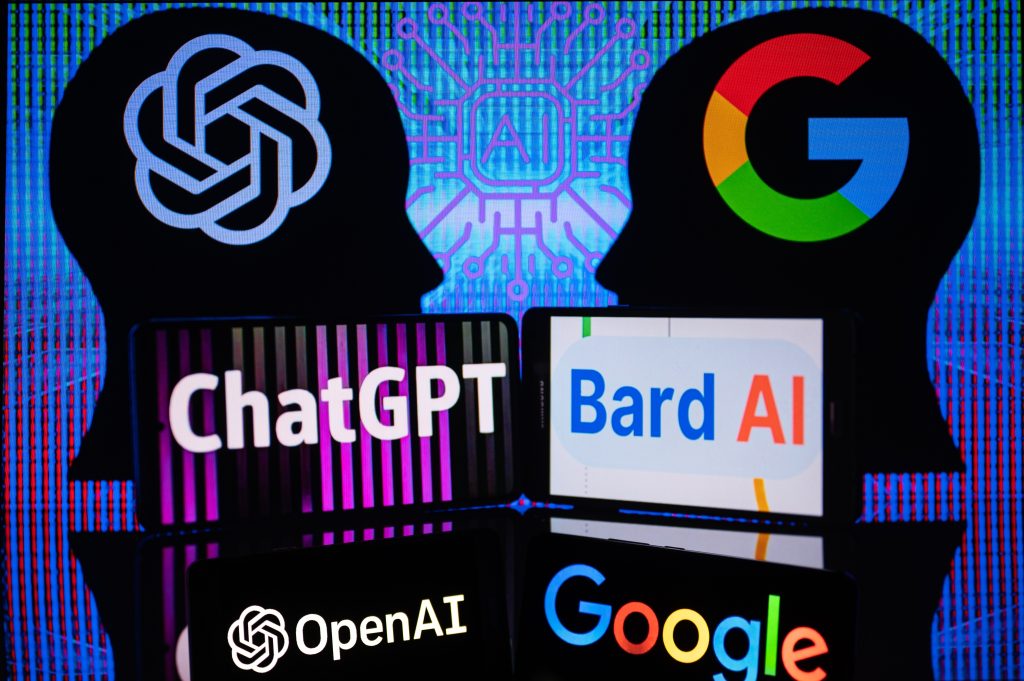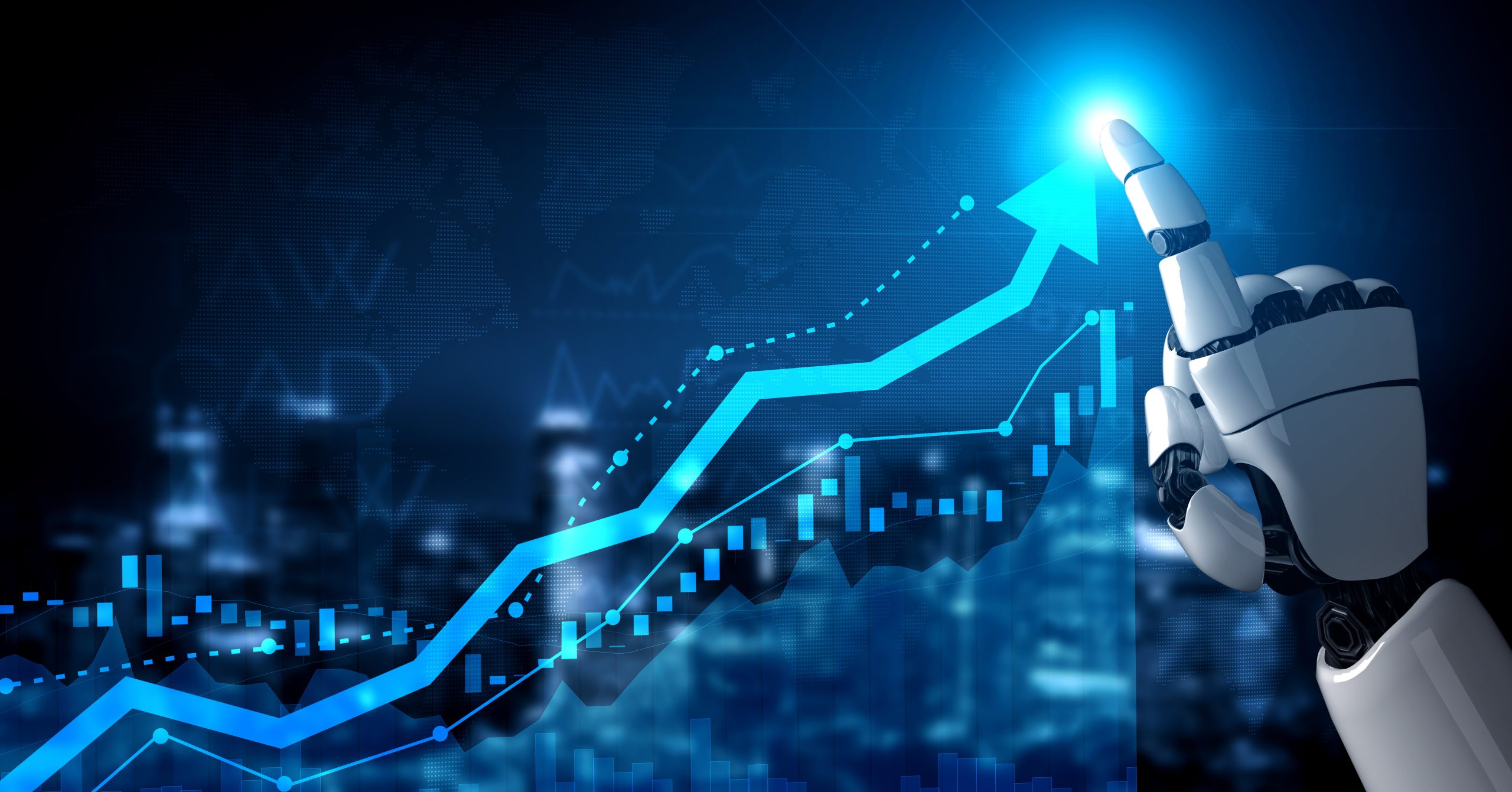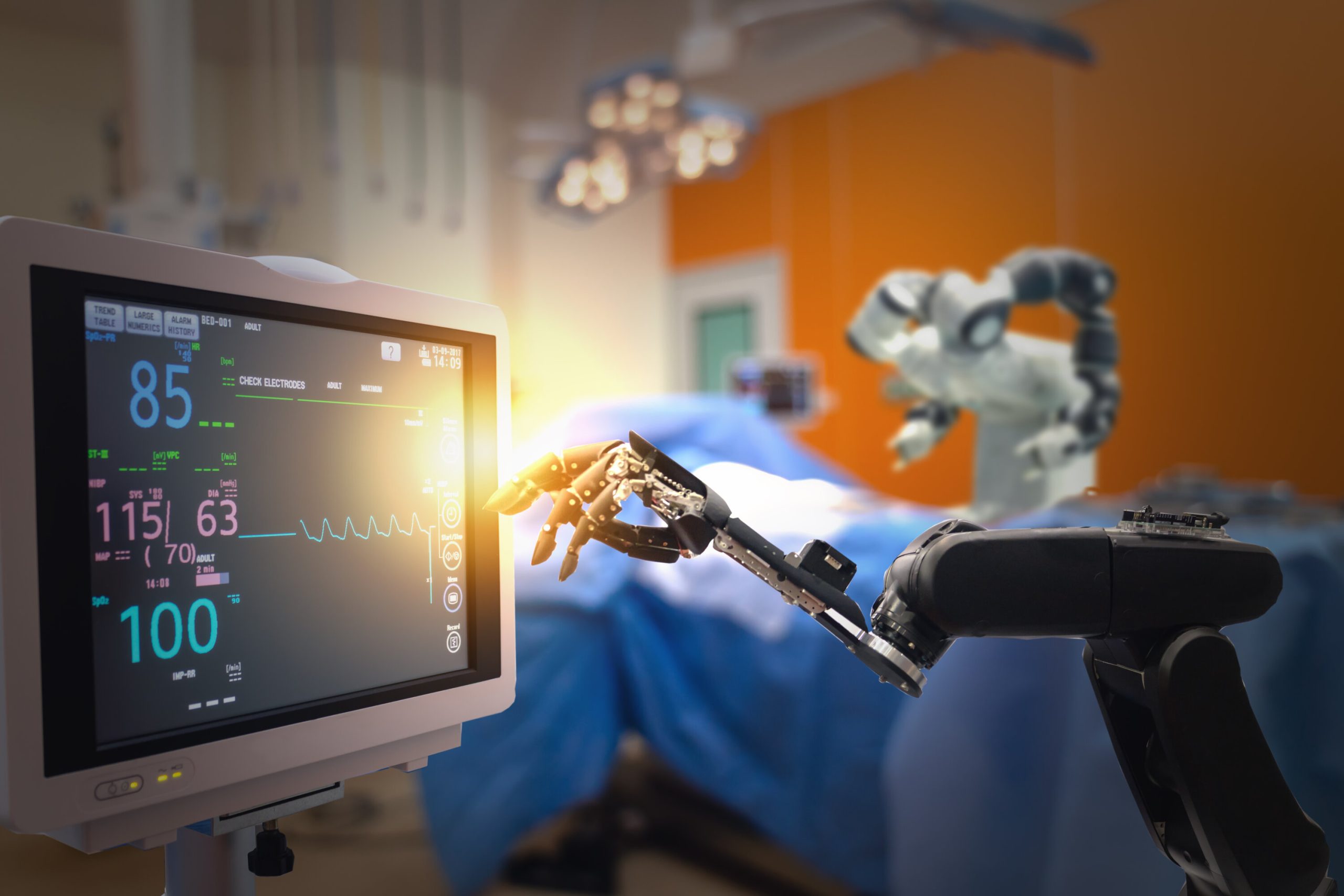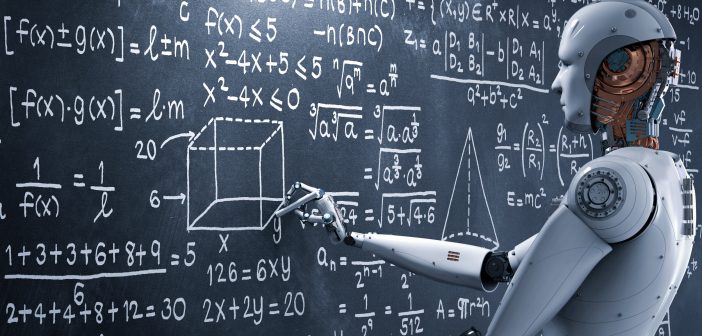In November 2022, OpenAI released ChatGPT, a powerful language model that has caught the attention of professionals across a wide range of industries. While many are excited about the potential of AI to assist with tasks and improve productivity, others worry that AI could potentially replace jobs entirely.
According to HubSpot, 57% of business professionals believe that AI will have a similar impact on human productivity as the Industrial Revolution. Dharmesh Shah, the co-founder and CTO of HubSpot, compares the release of ChatGPT to the advent of the internet, calling it “the single largest opportunity and biggest tech paradigm shift we’ve seen since the internet originally came out.”
As AI continues to advance, it is sure to transform nearly every industry in some way. Here are some ways in which AI is likely to innovate specific industries in the coming years:
Content
ChatGPT and other AI-powered chatbots like Rytr, Jasper AI, Copy.ai, Copysmith, and Writesonic can help business builders and employees with common writing-related projects, such as blog posts, social media captions, scripts, and emails. With each new writing technology released, it begs the question: How will this change how we produce content?
One of the first companies to explore this question was BuzzFeed, which quickly announced it would use ChatGPT to create some of its content. CNET also tried, and ultimately failed, to publish AI-generated content.
While AI can help with tasks such as outlining a first draft or defeating writer’s block, it’s less likely to be putting journalists out of work anytime soon. However, it could be a great thing for creators: 34% of business professionals strongly agree and 39% somewhat agree that AI tools can help them spend more time on the creative aspects of their jobs.
Search
AI will change the way we search for information and answer questions. Rather than typing a query into a browser’s search bar, users will likely enter it into an AI-powered bot that can provide them with a singular, simplified response.
Microsoft and Google have been racing to be the most effective AI search option, with Microsoft announcing Bing and Google unveiling Bard. The idea behind these AI engines is that they won’t only spit out links to relevant articles, but will also generate content such as grocery lists, vacation itineraries, or meal plans.

According to HubSpot data, 55% of business professionals strongly agree that, by 2024, most people will use chatbots like ChatGPT to answer their questions over search engines like Google. This will, of course, have ramifications for businesses that rely on SEO content, and marketers and content creators will have to learn how to make content that can survive in the new search landscape.
Search-driven content will remain important, but businesses will need to work with AI, not against it.
Programming
AI can also help programmers by creating, troubleshooting, and completing code. Tools like DeepCode, Tabnine, CodeWP, and OpenAI’s own Codex, among many others, can assist those who want to write code more easily in many coding languages.
Many AI models simply suggest your next line of code, much like the autocomplete function in Google Docs. This could help beginners learn to code more effectively and translate between coding languages if needed.
And it’s effective: A Deloitte pilot study using Codex found that the majority of users rated the code’s accuracy as 65% or better.
Customer service
Customer service is an area where AI is already making a big impact. Chatbots, powered by AI, can respond to customer inquiries around the clock, quickly and accurately. This reduces the workload of human customer service representatives, freeing them up for more complex issues.
As AI technology improves, these chatbots are becoming even more advanced, able to understand and respond to more complex customer needs. They can also collect data on customer interactions and preferences, providing valuable insights for businesses.
According to HubSpot data, 50% of business professionals strongly agree and 38% somewhat agree that chatbots will eventually be able to replace human customer service representatives.
However, it’s important to note that AI should not replace human customer service entirely. There will always be situations where human interaction is necessary, such as when dealing with sensitive issues or emotional customers. AI can complement human customer service, but it can never fully replace it.
Finance
AI is also poised to revolutionize the finance industry. One area where AI is already making a big impact is fraud detection. AI algorithms can quickly analyze vast amounts of financial data to identify patterns and anomalies that might indicate fraud. This can help financial institutions prevent fraudulent transactions and protect their customers’ assets.
Another area where AI is having an impact is in investment analysis. AI-powered tools can analyze vast amounts of data to identify trends and patterns that might not be apparent to human analysts. This can help investors make more informed decisions and potentially earn higher returns.

According to HubSpot data, 54% of business professionals strongly agree and 37% somewhat agree that AI will make financial transactions faster and more efficient.
However, there are also concerns about the impact of AI on jobs in the finance industry. As AI-powered tools become more advanced, they may be able to replace certain roles currently filled by humans. It’s important for the industry to find ways to reskill and upskill workers whose roles may be impacted by AI.
Healthcare
AI is also poised to revolutionize the healthcare industry. One area where AI is already making a big impact is in medical diagnosis. AI algorithms can quickly analyze vast amounts of medical data to identify patterns and anomalies that might indicate a disease or condition. This can help doctors make more accurate diagnoses and develop more effective treatment plans.

Another area where AI is having an impact is in drug discovery. AI-powered tools can analyze vast amounts of data to identify potential drug candidates and predict their efficacy. This can help pharmaceutical companies bring new drugs to market more quickly and at a lower cost.
According to HubSpot data, 51% of business professionals strongly agree and 37% somewhat agree that AI will make healthcare more efficient and accessible.
However, there are also concerns about the ethical implications of using AI in healthcare. For example, there are concerns about the potential for AI algorithms to perpetuate bias or discrimination in medical decision-making. It’s important for the industry to address these concerns and ensure that AI is used ethically and responsibly.
AI is poised to revolutionize nearly every industry in the coming years. From content creation and search to programming, marketing, customer service, finance, and healthcare, AI-powered tools and technologies will transform the way we work and live.
While there are certainly concerns about the impact of AI on jobs and the ethical implications of using AI in certain industries, there are also tremendous opportunities for innovation and growth. The key is to work with AI, not against it, and to find ways to ensure that its benefits are accessible to all.
As Dharmesh Shah said, “This is too big to ignore.” The AI revolution is here, and it’s up to all of us to embrace it, understand it, and use it to create a better future for ourselves and for the world.





